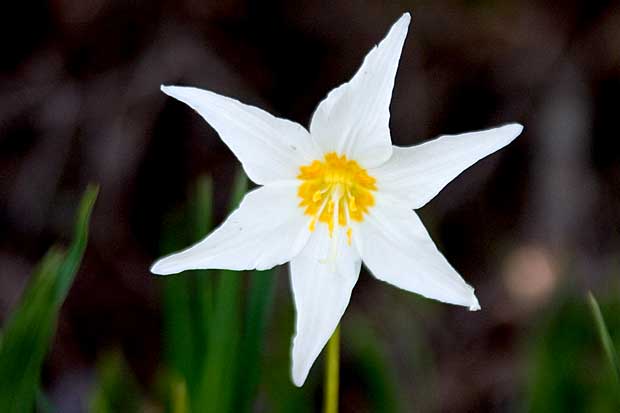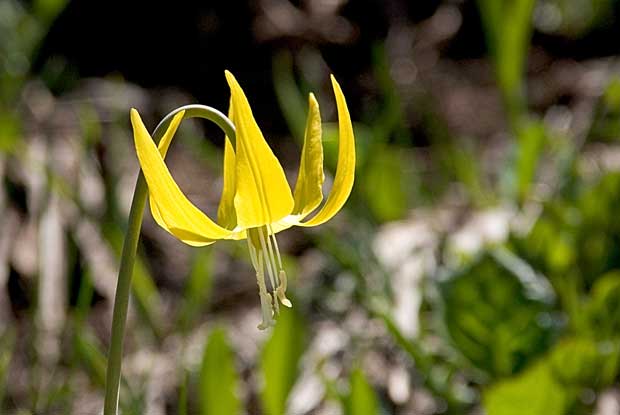Although I’m thoroughly convinced that the Bush administration doesn’t deserve re-election, I find it painful to read most political blogs. Possibly that’s because I’ve already made up my mind and don’t want stray facts to get in the way of my opinions. I’ll admit I used to love nothing more than a good argument when I was younger, but recently I’ve grown impatient with them.
While I admire politicians for being willing to sit through endless hearings listening to uninformed citizens rant about issues, I can imagine no worse personal fate than having to sit through long hearings listening to people complain.
It’s gotten to the point where if I’m listening or watching a program and people start raising their voices, I immediately turn it off. Needless to say, I don’t follow many internet flame wars, no matter whose side I’m on.
I guess that’s why I found this selection from The Chuang Tzu, “Discussion on Making All Things Equal” rather apt:
Suppose you and I have had an argument. If you have beaten me instead of my beating you, then are you necessarily right and am I necessarily wrong? If I have beaten you instead of you beating me, then am I necessarily right and are you necessarily wrong? Is one of us right and the other wrong? Are both of us right or are both of us wrong? If you and I don’t know the answer, then other people are bound to be even more in the dark. Whom shall we get to decide what is right? Shall we get someone who agrees with you to decide? But if he already agrees with you, how can he decide fairly? Shall we get someone who agrees with me? But if he already agrees with me, how can he decide? Shall we get someone who disagrees with both of us? But if he already disagrees with both of us, how can he decide? Shall we get someone who agrees with both of us? But if he already agrees with both of us, how can he decide? Obviously, then, neither you nor I nor anyone else can know the answer. Shall we wait for still another person?
But waiting for one shifting voice to pass judgment on another is the same as waiting for none of them. Harmonize them all with the Equality of t’ien leave them to their endless changes and so live out your years What do I mean by harmonizing them with the Equality of t’ien? Right is not right; so is not so. If right were really right it would differ so clearly from not right that there would be no need for argument. If so were really so, it would differ so clearly from not so that there would be no need for argument. Forget the years, forget distinctions. Leap into the boundless and make it your home!
There’s obviously something to be said for fighting for a just cause; otherwise it would be obvious that arguments are a waste of time. It’s even doubtful that things would ever improve without debate. However, excessive arguing simply drives people further apart rather than bringing them together. It doesn’t solve problems; it exacerbates them.
Although it’s perfectly valid to state your opinion and offer evidence to support it, it’s pointless to get caught up in long arguments with those who have differing opinions. Let them state their opinion, if they must, and then move on, accepting the fact that you have differing opinions and they’re unlikely to change. If 55% can be considered a landslide in an election, it’s unlikely you could ever convince everyone to agree with you.
To try to do so makes about as much sense as trying to prevent the sun from coming up in the morning because you’ve stayed up too late replying to the latest attack on your honor. Skip the arguments and get up in the morning refreshed and ready to enjoy another day of challenges and rewards.






